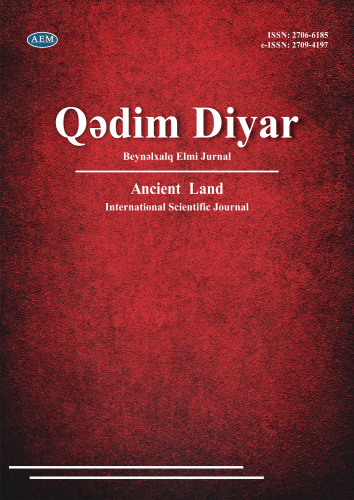https://doi.org/10.36719/2706-6185/45/163-173
Aida Zemmamouche
University of Algiers 02
https://orcid.org/0009-0003-9250-597X
aidazemmamouche17@gmail.com
Abdelkrim Mammeri
University of Mohamed Boudiaf - M'sila
https://orcid.org/0009-0009-9252-7152
abdelkrim.mammeri@univ-msila.dz
Amina Khettabet
University of Algiers 03
https://orcid.org/0009-0004-5185-4564
mina.khettabet@gmail.com
Literature on Administrative Control as a Qualitative Indicator in
Building Organizational Effectiveness in the Institution
Abstract
Administrative control is a necessity and an urgent need, as it serves as the vigilant guardian of the functioning and performance of all institutional resources and processes. It enhances productivity and quality, efficiently allocates available resources to activities and tasks, and reduces waste, negligence, and corruption. Administrative control is a function exercised at all levels, whether at the level of a department head, division head, or general manager. It has its methods and tools through which objectives and operations are verified according to planned guidelines. This article provides a comprehensive perspective on the control indicator, highlighting its organizational significance within institutions. It explores its practical importance in achieving established objectives. The research concludes that control serves as both a qualitative and quantitative indicator in ensuring the success of an institution's mission.
Keywords: administrative control, organizational effectiveness, self-control, theoretical literature on control, social control

